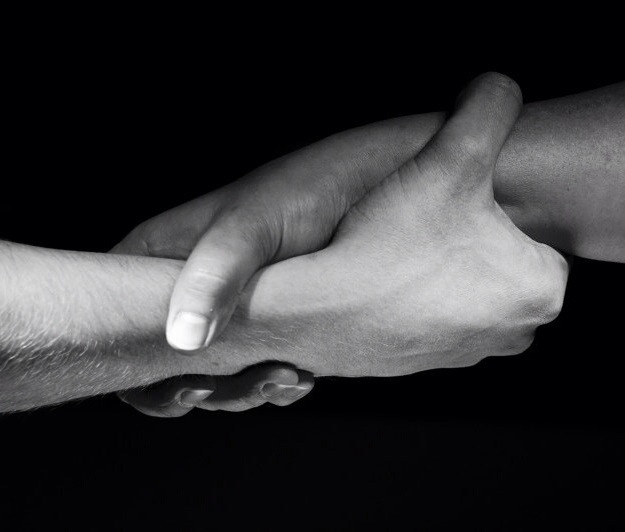“Through resilience, comes hope. Keep going.”
– Rita Said
Resilient relationships persevere, even in times of adversity. Life can offer couples all sorts of challenges like—distance, conflict, infidelity, child or parent-related hardships, sickness and sometimes unimaginable number of possibilities that can wear down a relationship.
Now the question is how resilient is your relationship? And how
can we foster resilience in our relationships? Consider the following questions to help gauge your own relationship’s resilience:
Is destiny the anchor to your relationship?
It may seem romantic to think that destiny brought you together and that it will keep you together, but such beliefs may be obstacles to relationship resilience. When negative events happen in their relationships, people with strong destiny beliefs disengage more, withholding ways to support the relationship. Better to foster growth beliefs—the idea that relationships grow by working through tough times together. Growth beliefs predict active coping, planning, positivity, and focus during difficult times.
Do you give your partner the benefit of the doubt?
No relationship or person is perfect, but if you can come to see your partner’s quirky imperfections as positives, you may have the stuff that makes for a resilient relationship. Couples who view each other in idealized ways are happier and tend to have less conflict and more relationship stability.
How much self-control do you have?
When your partner does something that really annoys you, can you resist an impulsive response, or do you fly off the handle? Self-control is the ability to regulate one’s own reactions in these types of situations, forgoing the backlash in favor of a pro-relationship response. People who have high self-control are better able to resist impulsivity and constructively respond to potentially destructive partner behavior.
Are you grateful for the little things?
In resilient relationships, partners are oriented towards each other, appreciating each others’ efforts to be responsive and doing their best to be responsive themselves. This creates a wonderfully positive cycle of behaviors that help maintain a relationship ( like positivity, reassurance), and partner gratitude, which then encourages those behaviors that help relationships thrive.
Do you work continuously to maintain your relationship?
Resilient couples are flexible. They work to accommodate change by engaging in behaviors that help sustain the relationship. For example, resilient couples share tasks, offer positivity, and reassure their partners. Such behaviors are not one-time acts, but a pattern of work that can pay off with a healthy partnership.
Resilience in times of serious difficulty can come in many forms. The above questions highlight an important but limited set of individual traits such as self-control and growth beliefs, and partner dynamics such as gratitude that foster resilience. Commitment, investment, and on-going work promote relationship health, but no one recipe works for all couples, especially given the many diverse types and severities of stressors that we can encounter in our relationships.

